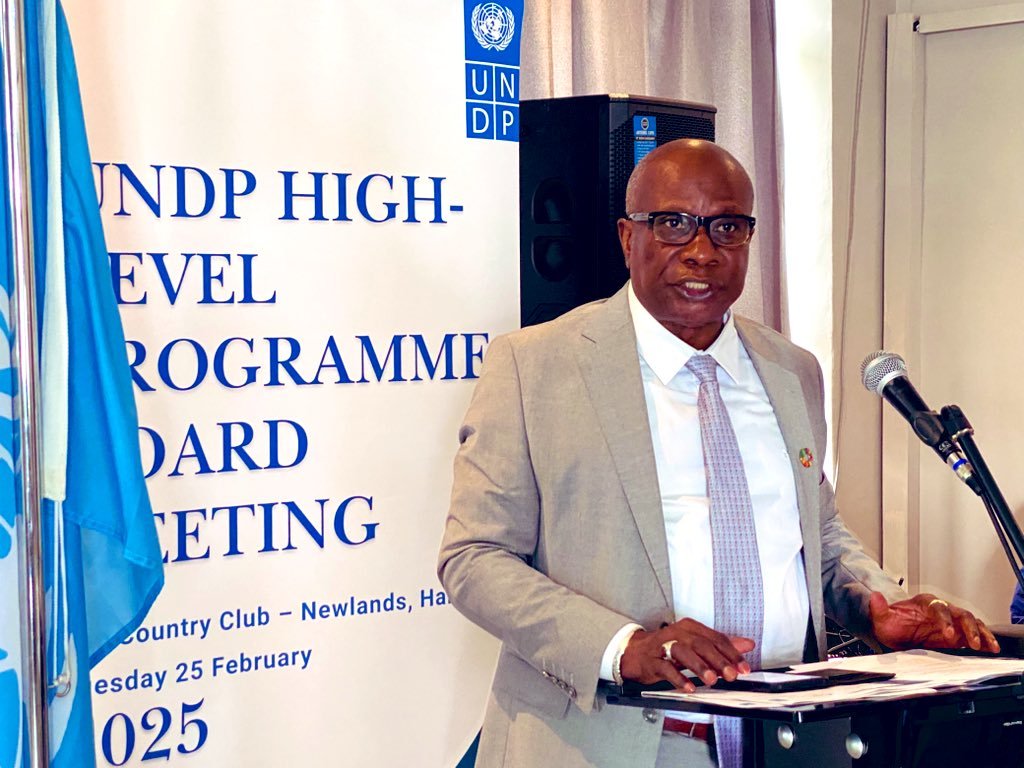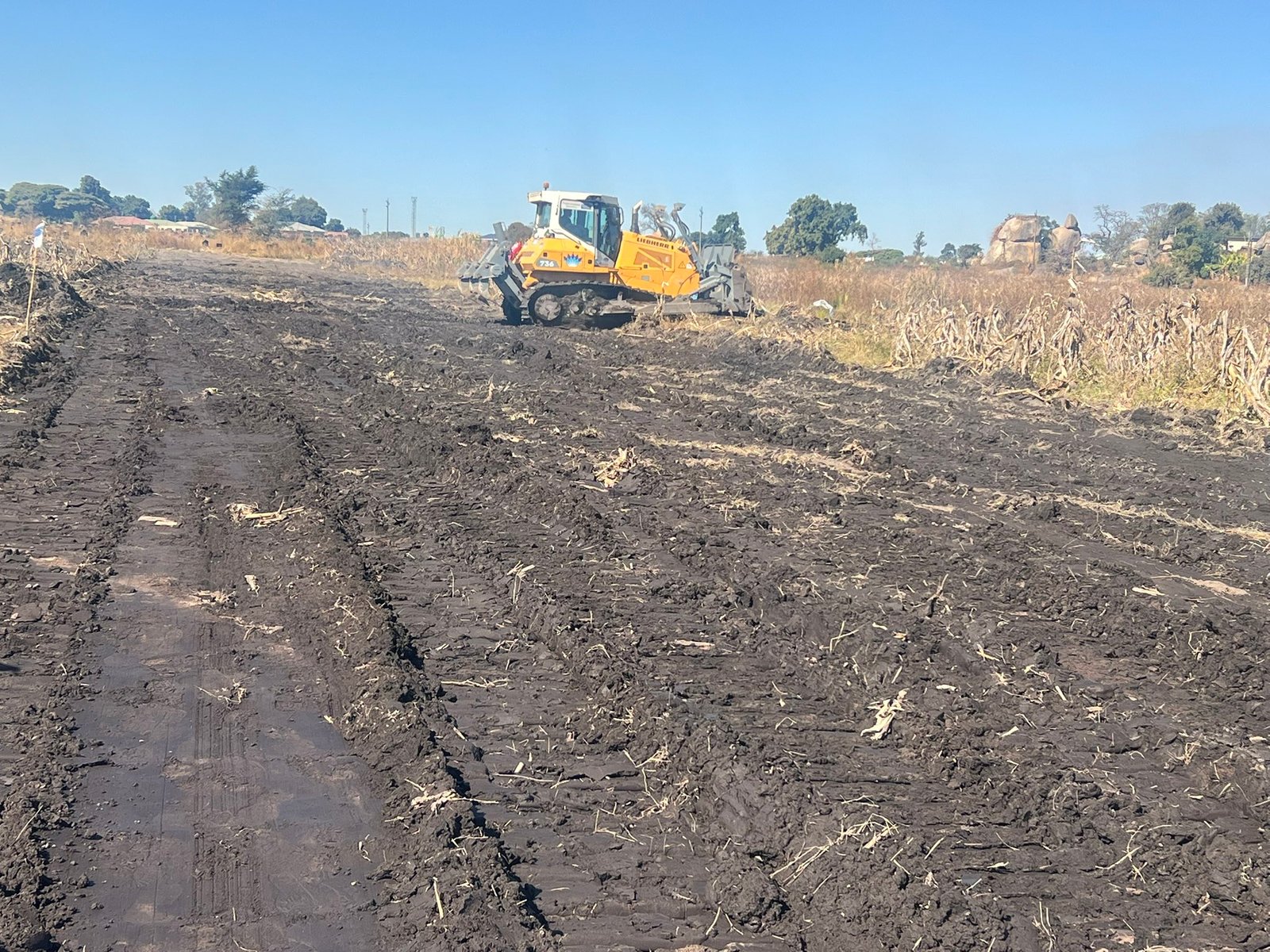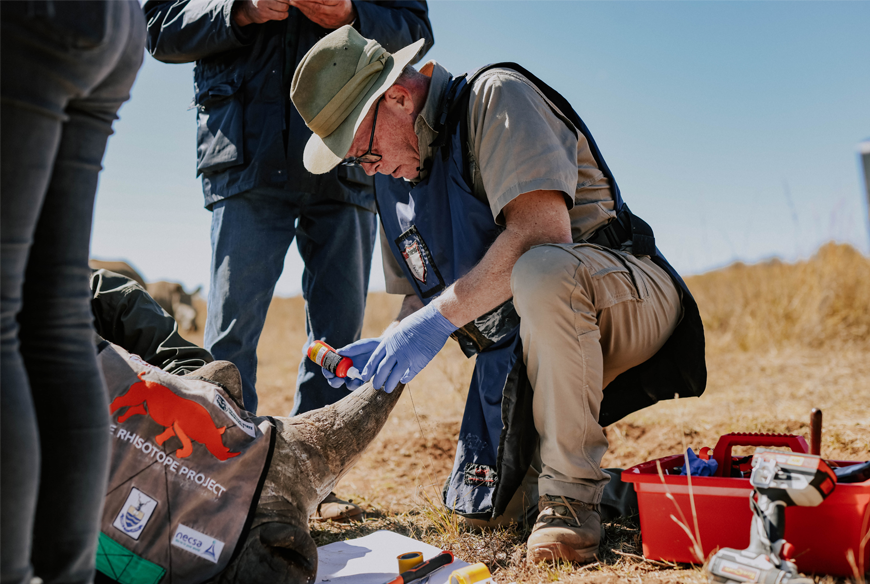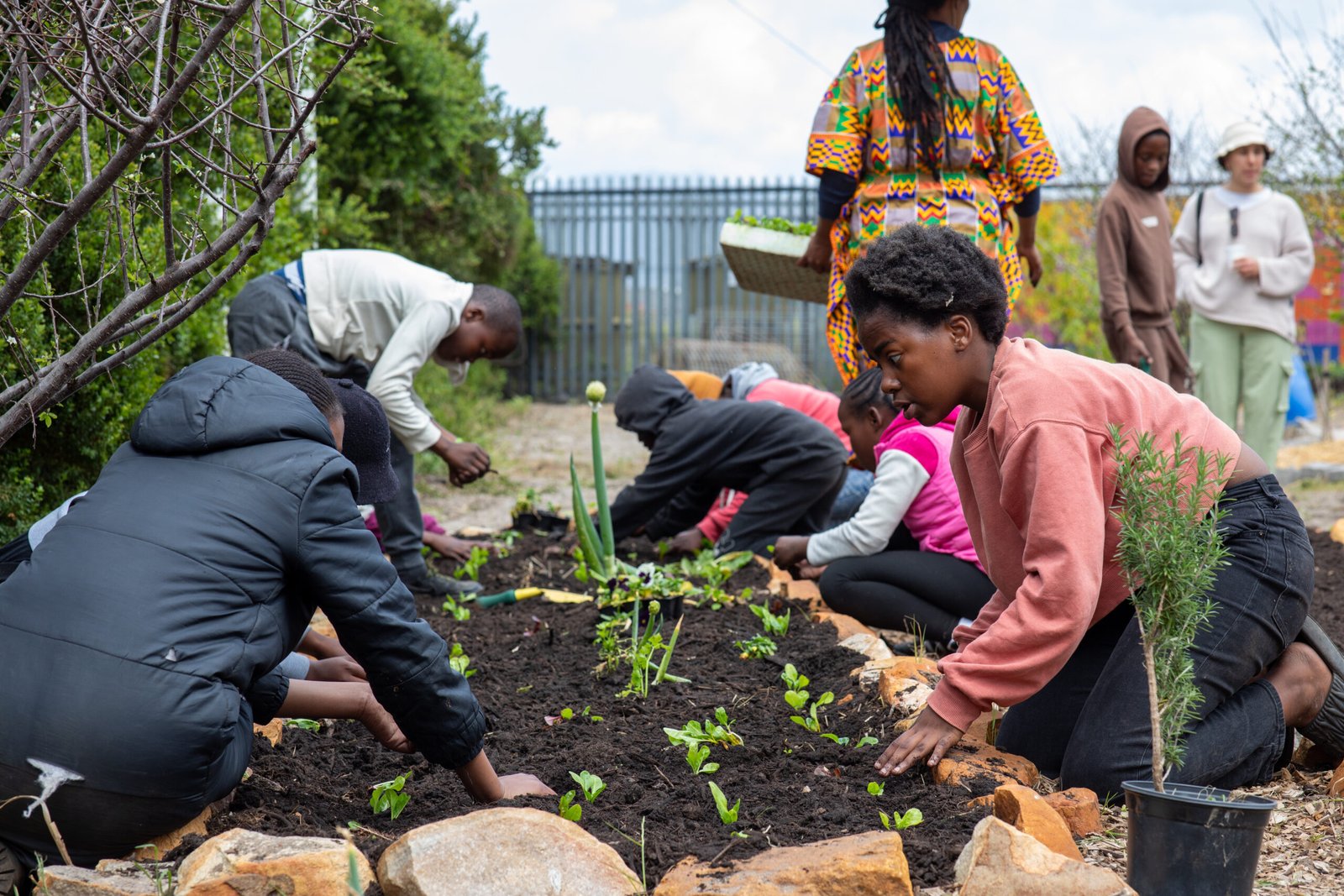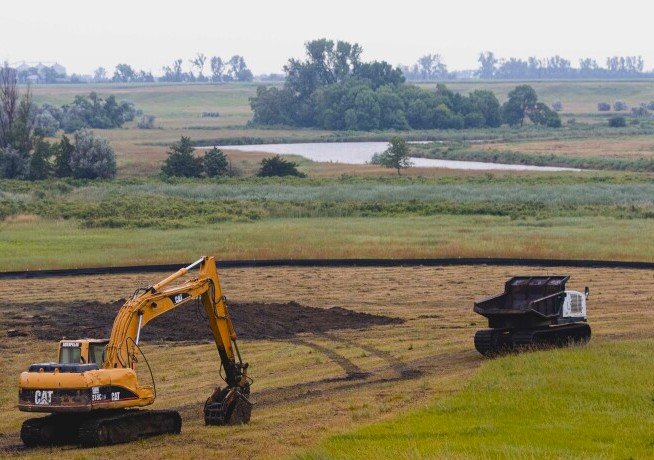The United Nations in Zimbabwe has urged key stakeholders and development partners to strengthen collaboration and adopt innovative solutions to advance the country’s development goals.
The call was made during a high-level programme board meeting held in Harare on Tuesday, where UN officials emphasized the need for collective action to address Zimbabwe’s pressing challenges.
UN Resident and Humanitarian Coordinator Edward Kallon underscored the importance of partnerships in achieving sustainable development.
“The UN in Zimbabwe values its strong partnership with the government and other stakeholders. Together, we can tackle the complex challenges facing the nation and drive transformative change,” Kallon said.
The meeting focused on progress under the Zimbabwe UN Sustainable Development Cooperation Framework (2022-2026), which aligns with the government’s National Development Strategy 1 (2021-2025). Now in its fourth year, the framework has mobilized $1.5 billion of the $2.8 billion required for its five-year funding plan.
In 2024 alone, the UN system delivered over $520 million, including $132 million to mitigate the impact of an El Niño-induced drought, described as the worst in 40 years across the Southern African Development Community (SADC) region.
Kallon highlighted the ongoing transformation of the UN under the UN 2.0 initiative, which seeks to modernize the global organization through innovation, data, digital technology, foresight, and behavioral science.
“This ‘quintet of change’ is enabling us to become more agile, responsive, and impactful in addressing the complex challenges of the 21st century,” he said.
With the UN system operating in 4,000 locations worldwide and supporting over 160 million people, Kallon stressed the importance of leveraging this global network to accelerate progress toward the Sustainable Development Goals (SDGs).
“As we enter the final five years of the SDG agenda, we must amplify our efforts to build resilience and sustainability, particularly for women and girls,” he added.
Kallon also stressed the need to align development programs with local needs and increase private sector involvement to drive economic growth.
He pointed to ongoing initiatives such as the Zimbabwe Resilience Building Fund and the Health Resilience Fund, which have a combined allocation of $169 million for 2024.
“This is a moment to reaffirm our commitment to Zimbabwe’s development agenda. We must leverage domestic resources and partnerships to address emerging challenges and capitalize on opportunities,” Kallon said.
The UN official called for strengthened partnerships between the government, private sector, development partners, and civil society to address emerging challenges and leverage new opportunities.
“In a world facing growing nationalism, climate crises, and geopolitical tensions, we must innovate, prioritize, and work together more effectively,” he said.
Kallon also highlighted the importance of domestic resource mobilization, South-South cooperation, and the African Continental Free Trade Area (AfCFTA) in driving Zimbabwe’s development agenda.
“Africa must leverage its own resources and partnerships to achieve its aspirations,” he added.
Zimbabwe has faced significant economic and environmental challenges in recent years, including high inflation, currency instability, and recurrent droughts exacerbated by climate change. The country’s National Development Strategy 1 (2021-2025) aims to address these issues by promoting sustainable economic growth, resilience, and social development.
The United Nations has been a key partner in this effort through the Zimbabwe UN Sustainable Development Cooperation Framework (2022-2026), which aligns with the government’s strategy.
The framework has mobilized substantial funding, including $1.5 billion of the $2.8 billion required for its five-year plan. Recent initiatives have focused on mitigating the impact of severe droughts, strengthening health systems, and building community resilience.
However, with the 2030 Sustainable Development Goals (SDGs) deadline approaching, the UN has emphasized the need for accelerated action, innovative solutions, and stronger partnerships to address Zimbabwe’s development challenges.

